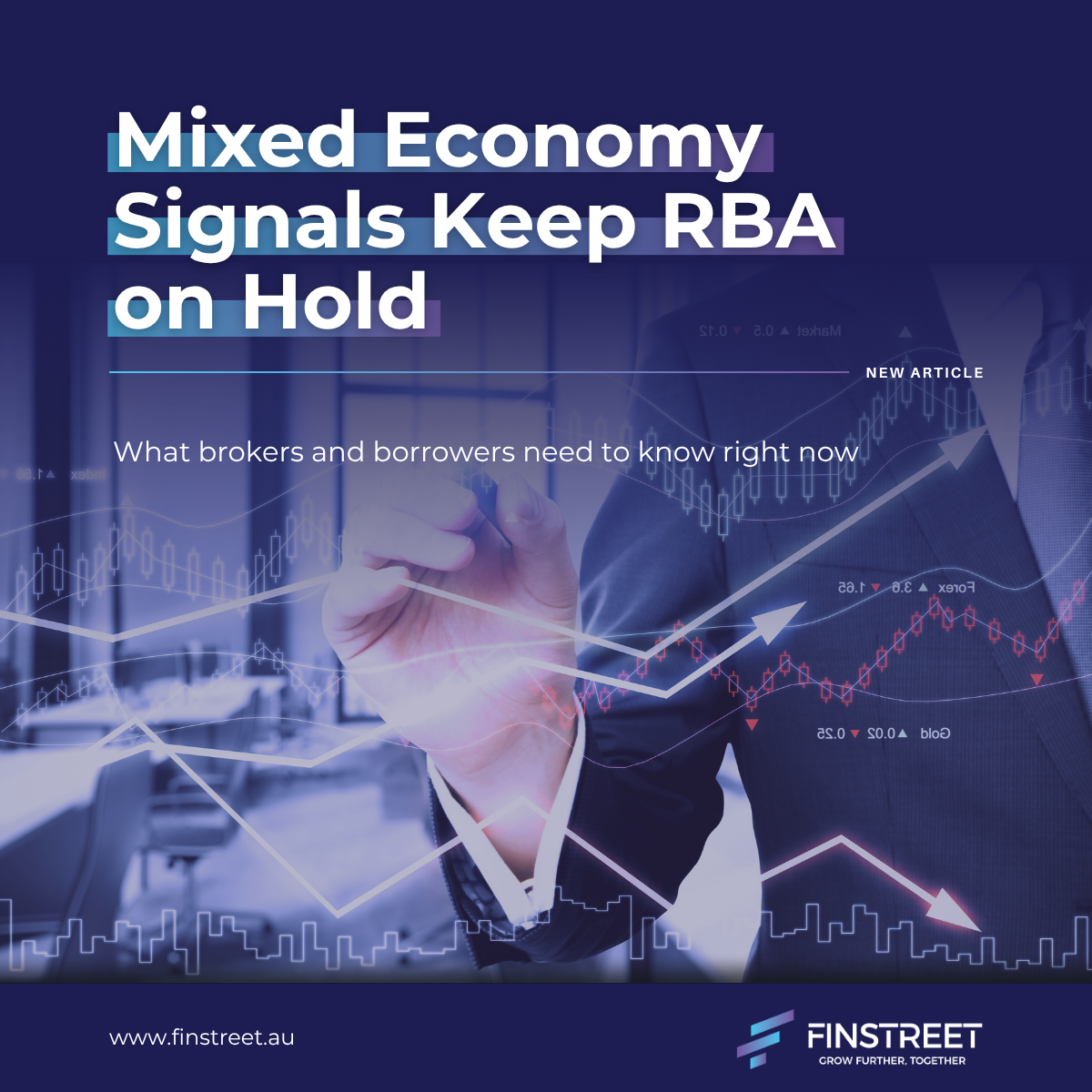02/04/2025
In a recent research by the Great Southern Bank, Securing a home loan has long been a challenge for many Australians, but recent research highlights that the difficulty is particularly pronounced for self-employed individuals and small business owners. According to a report by Great Southern Bank, a staggering 40% of small business owners feel that their self-employed status is a significant barrier to homeownership. These findings underscore the growing difficulties faced by self-employed Australians, particularly in light of strict lending criteria, fluctuating incomes, and the increasingly complex process of securing the necessary documentation.
In addition to these hurdles, rising property prices have compounded the situation. Grattan Institute research shows that the time required to save a deposit for a home has more than doubled in recent years, from six years to over 12. This has led to a drop in homeownership among younger Australians, with only 50% of Australians aged 25 to 34 owning a home in 2021, compared to 57% in 2001. The situation is even worse for those in the lowest 40% income bracket, for whom homeownership seems increasingly out of reach.
Millennial Entrepreneurs Face Greater Barriers
The challenge of securing a home loan is especially difficult for millennial entrepreneurs. Research reveals that nearly half of small business owners aged 27 to 42 report facing significant challenges in obtaining a mortgage. For these individuals, the lack of consistent income combined with being viewed as “high risk” by traditional lenders makes homeownership seem like a distant dream.
For those in the self-employed sector, managing an unpredictable income and satisfying the stringent demands of banks can feel like an uphill battle. However, there are ways to increase the chances of securing a loan, and non-bank lenders like FINSTREET.AU are stepping in to offer more flexible and tailored solutions to support customers with unique financial circumstances.
Expert Insight: Securing a Home Loan as a Self-Employed Individual
Mortgage broker Jacole Davies, who specialises in assisting self-employed clients, explained that the key factor for lenders when evaluating home loan applications is income consistency. Lenders are looking for regular, predictable income, but business owners often struggle with fluctuating earnings. To improve the chances of securing a home loan, self-employed individuals need to show that they have had steady income for at least two years. This consistency gives lenders more confidence in their ability to repay the loan over time.
Strategies for Self-Employed Individuals to Secure a Home Loan
As the self-employed navigate the complexities of securing a home loan, experts advise a few strategies that can help smooth the process and improve their odds.
- Establish a Stable Salary
Small business owners are encouraged to pay themselves a consistent, market-rate salary. This creates a clear picture of financial stability for lenders, proving the borrower’s ability to meet regular loan repayments. - Minimise Personal Debt
Reducing personal debt is essential before applying for a mortgage. A lower debt-to-income ratio not only makes a borrower more appealing to lenders but can also lead to more favourable loan terms. - Organise Financial Documentation
Lenders require thorough documentation to assess the financial health of a business and its owner. It’s crucial for self-employed individuals to have access to two years’ worth of tax returns and business activity statements to verify income and business viability. - Leverage Addbacks
Understanding how to leverage addbacks is another strategy that can benefit self-employed borrowers. Addbacks include non-cash expenses, like depreciation, or one-off business expenses that can be added back to an individual’s income for loan serviceability assessments. By effectively using addbacks, business owners can improve their borrowing capacity and make their financial profile more attractive to lenders.
The Role of Non-Bank Lenders Like FINSTREET.AU
Non-bank lenders, such as FINSTREET.AU, are increasingly becoming an important option for self-employed Australians struggling to meet the criteria of traditional banks. These lenders offer more flexible lending policies and are often better equipped to handle the unique financial circumstances that come with running a small business.
Traditional banks tend to have rigid lending standards, especially when it comes to self-employed applicants, whereas non-bank lenders can offer more understanding when it comes to inconsistent incomes and the complexity of business finances. As the self-employed sector continues to grow, alternative lenders like FINSTREET.AU are filling an important gap by offering tailored solutions that take into account the unique circumstances of small business owners.
Securing a home loan can be a challenging process for self-employed Australians, but with careful planning and strategic financial management, the odds of success can be improved. Seeking guidance from mortgage brokers who understand the unique needs of self-employed clients, maintaining organised financial records, and considering alternative lenders like FINSTREET.AU are all key steps toward achieving homeownership. As more non-bank lenders offer flexible solutions tailored to small business owners, the path to homeownership becomes increasingly accessible for those with unique financial situations.



